Unmasking the Zika Virus
The Zika virus is a mosquito-borne illness that has turned into an international health concern. It was first found in Africa but spread all over the world, causing outbreaks and posing serious health risks. In this blog, find out more about what exactly the Zika virus is, how it’s transmitted, and how you can personally protect yourself and your loved ones
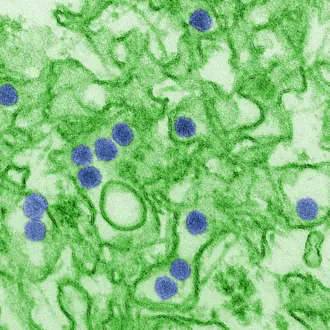
What is the Zika Virus?
The Zika is most often acquired through the bite of an infected Aedes mosquito. This mosquito is also a vector for dengue, chikungunya, and yellow fever. While many people infected by the Zika virus have only mild symptoms, the results can be most serious, especially for pregnant women.
Zika Virus and Pregnancy
The Zika is a great threat when it comes to pregnancy. It can lead to serious birth defects, such as microcephaly, a medical condition in which a baby is born with a disproportionately small-sized head, directly related to the development of the brain. Pregnant women need to take additional precautions to protect themselves from mosquito bites and to consult health service providers for further guidance.
Signs and Symptoms of Zika Fever
Mostly, the people infected by the Zika virus never see the development of any signs related to this infection. Very mild symptoms generally show, which include:
– Fever
• Rash
• Joint pain
• Conjunctivitis (red eyes)
• Headache
• Muscle pain
These symptoms usually last for 2-7 days. Whenever a Zika infection is suspected—the fewer days, the more you need to care—particularly if you are pregnant or thinking of getting pregnant, it is advisable to consult with a healthcare provider.
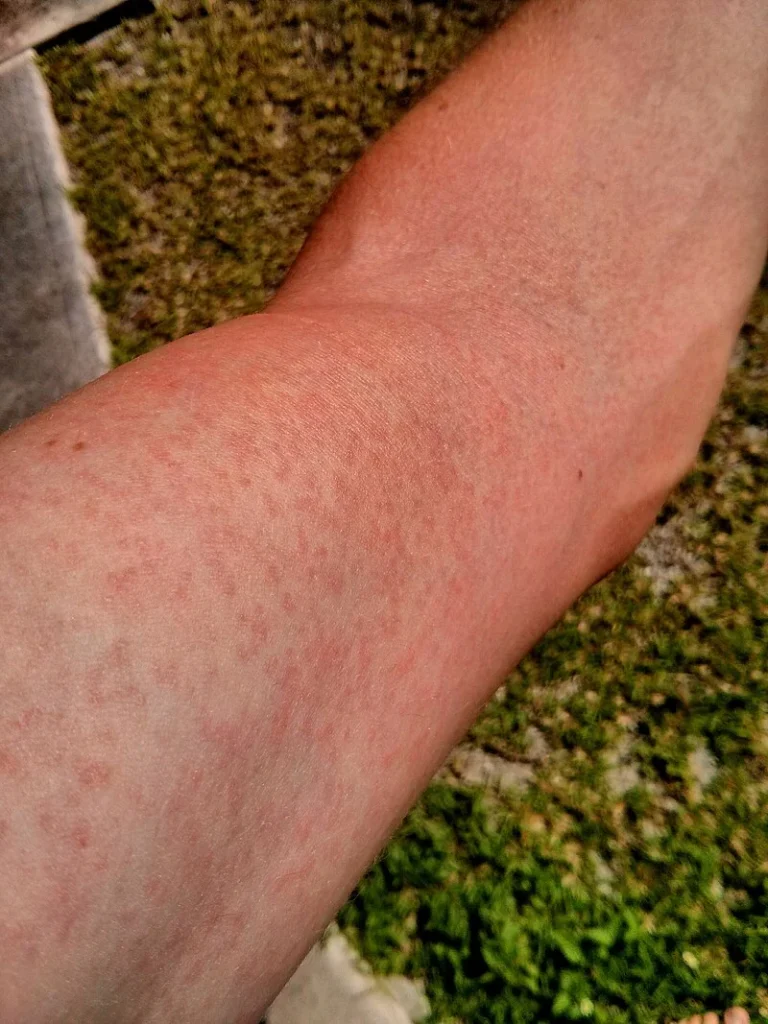
Prevention and Protection
The prevention of Zika virus infection is based on the avoidance of mosquito bites and measures aimed at reducing the number of mosquito breeding sources. The most effective ways to this include:
Use Insect Repellent: Apply EPA-registered insect repellents to exposed skin.
Wear Protective Clothing: Opt for long-sleeved shirts and long pants, especially during peak mosquito activity times.
Stay Indoors: Stay in air-conditioned or well-screened rooms to minimize mosquito exposure.
Eliminate Standing Water: Mosquitoes breed in standing water. Regularly empty and clean containers that hold water, such as flower pots, bird baths, and pet bowls.
Travel Precautions: If travel cannot be avoided to an area with a current Zika outbreak, travelers should implement added precautions and be informed about health advisories to follow.
Note: This blog is purely for information. Always consult with the health professional for medical information and updates on Zika.
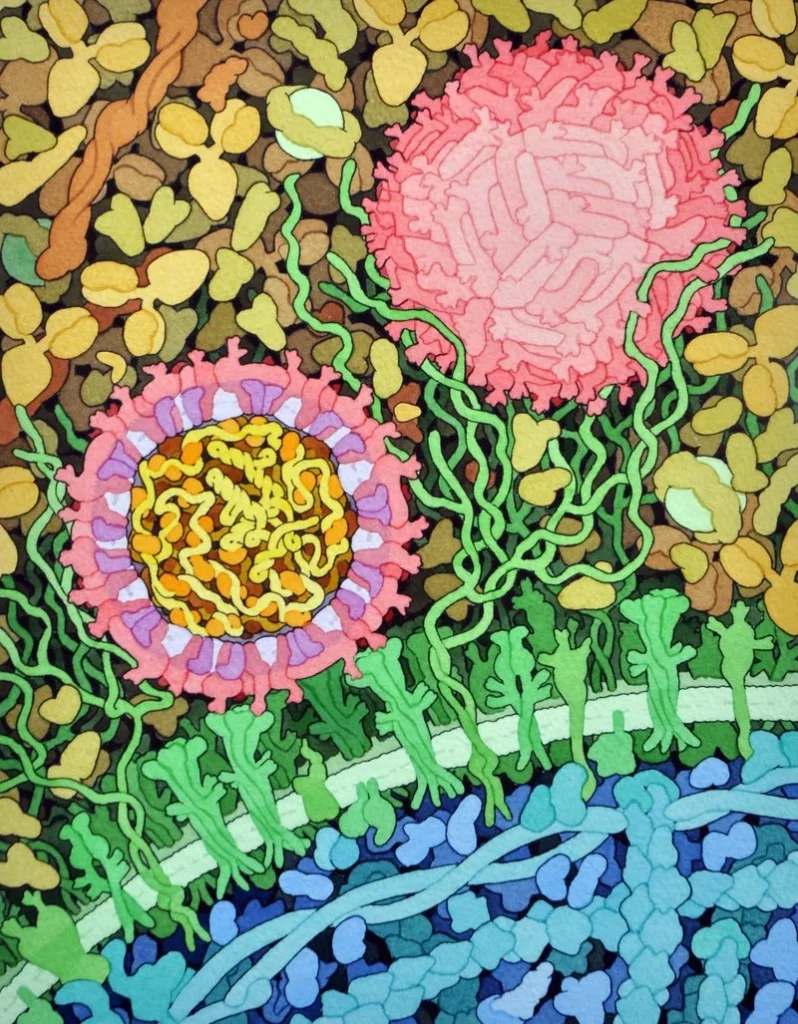
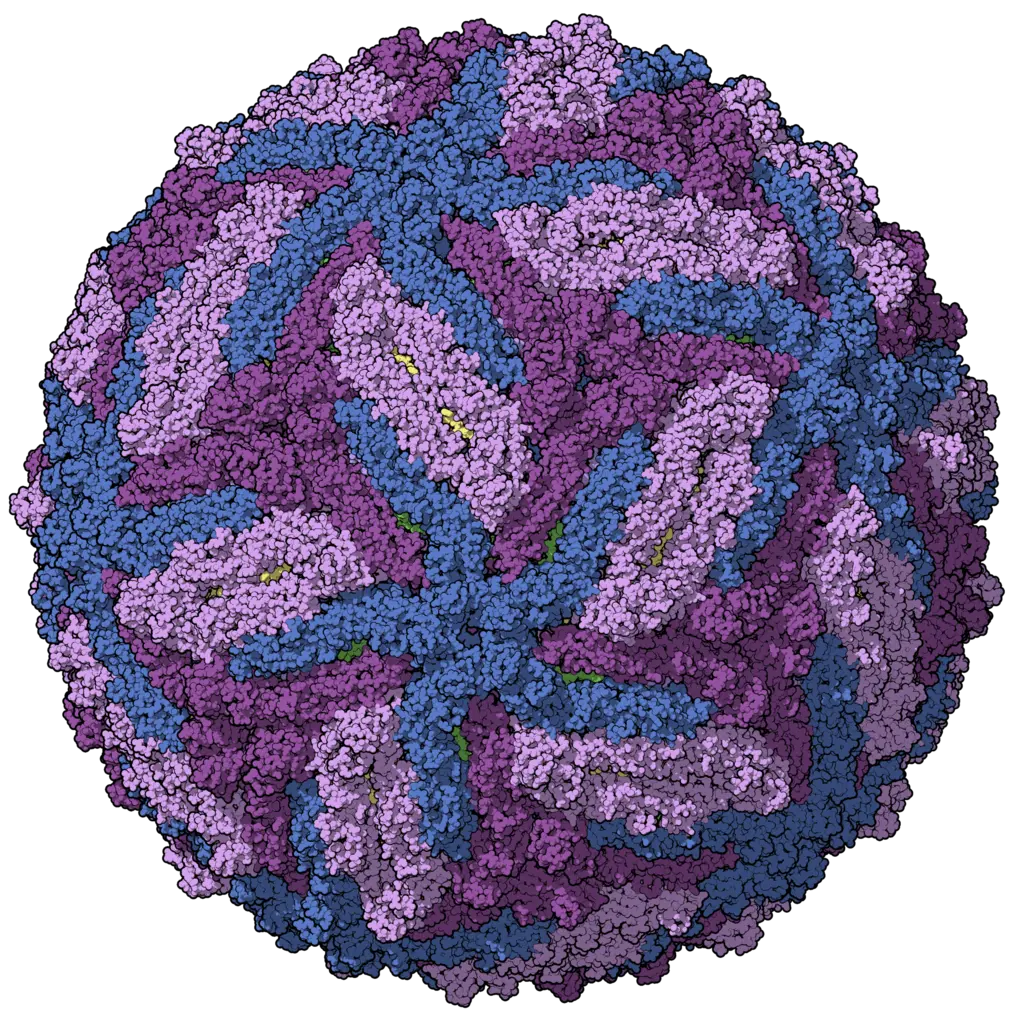
Also Read: “LPL 2024: Power Blast Ignites T20 Fireworks!”
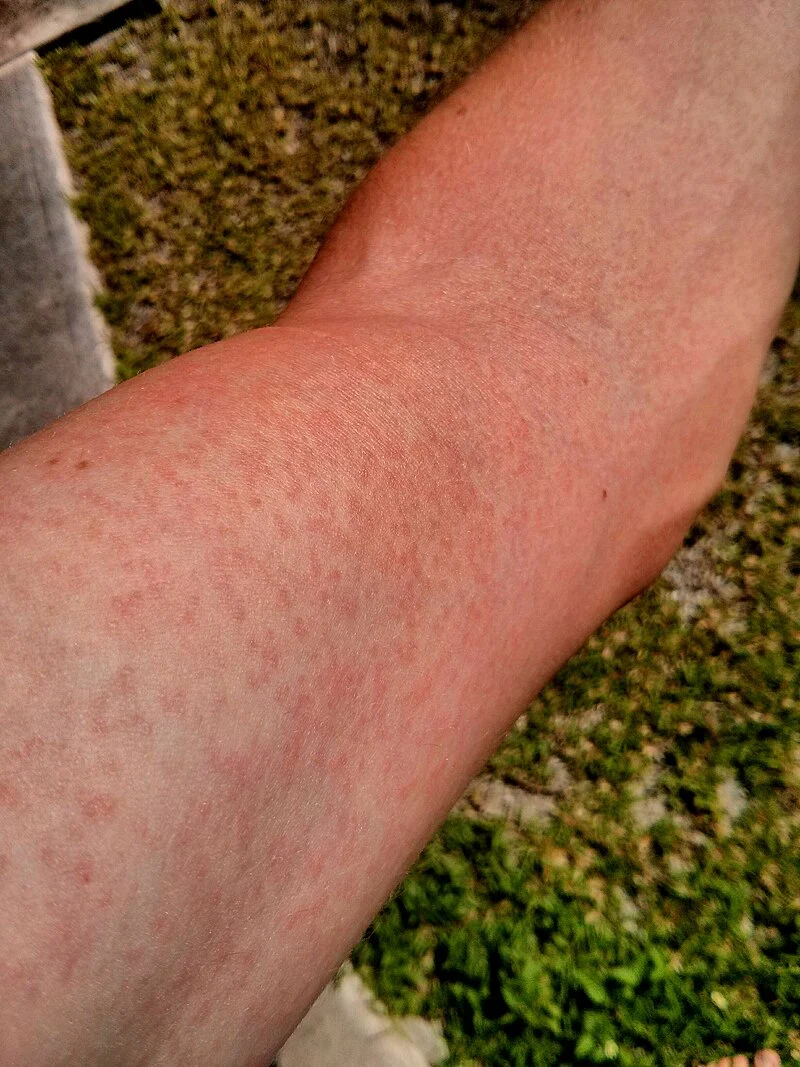
1 thought on “Understanding Zika Virus: Prevention and Protection”